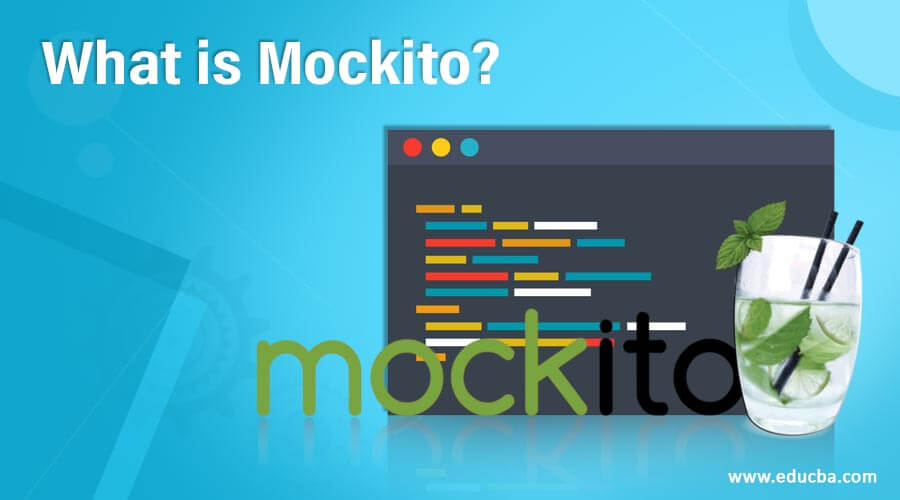Updated February 21, 2023
Introduction of Mockito
Mockito is a satirical Java-based device for Java unit testing. In designing testable applications, Mockito plays a crucial role. Mockito was released under the MIT License as an open-source testing platform. Internally, it creates humorous objects for a particular interface with the Java Reflect API. The model objects used for real implementation are dummy or proxy objects. This is primarily to simplify the creation of a test by mocking external dependencies and using them in the test code. The Mockito Framework, As a result, provides a simpler, easier to interpret, understand, and change test code. For other test systems such as JUnit and TestNG, we may also use Mockito. By upgrading EasyMock’s syntax and functionality, the Mockito framework was developed. The development team consists of Szczepan Faber, Brice Dutheil, Rafael Winterhalter, Tim van der Lippe, and other developers. Version 3.0.6 was released in August 2019 as a stable or the new iteration of Mockito.
Need for Mocking
We should know the reasons for using the Mocking method, which are as follows:
Suppose we want to test a dependent component based on the other component. In general, this needs to be done on the team. Some teammates split pieces. In this case, mocking is a key factor in testing this element. We have to wait until the requisite test elements are completed without mocking.
Suppose the actual components are sluggish to work with database connections or a complex write/ read operation. For example, it can take ten, twenty, or more seconds for database queries to run. In such situations, we need to check mocking objects, which can be achieved through mockery.
When there is an issue with infrastructure that prevents the study, the first case is quite close. Some configuration issues occur when, for example, we create a link to the database. To provide unit testing, it needs mocking to create mock components.
What is Mocking?
Mocking is a process in which the objects behave as mocks or copies of real objects are made. In different words, we can say that mocking is an experimental method where mock objects are used for research purposes rather than actual objects. For a certain (dummy) input that is passed on, Mock objects provide the same (dummy) output. Mocking is a technique to use in Java as well as in any object-oriented language of programming. In Java, there are several frameworks for mocking, but Mockito is among them the most common. To mock objects, you have to grasp three main concepts of scoffing, stubbornness, fake, and mocking. Some unit tests only contain stubs, while others include fake and ridicule.
Let’s see some brief descriptions.
- Mock: In research, mock objects function as a dumb or replica of the actual object. They typically come from an open-source library or a mocking system such as Mockito, EasyMock, etc. In addition, mock artifacts are commonly used for conducting tests.
- Stub: The Stub objects carry the pre-defined data and supply it during testing to respond to calls. We are a dummy entity, requiring a minimum of research methods. This also provides methods for checking other methods, if necessary, for accessing an internal stub state. A stub object is typically used to check the state.
- Fake: Fake are objects containing but different from production functioning implementations. It normally needs shortcuts and provides the condensed version of the production code.
What is Unit Testing?
Unit testing is a software test method where the different software components/parts, e.g., a group of computer applications, usage procedures, etc., are evaluated. Unit testing for an object is performed throughout an application or project creation. The purpose of unit testing is to isolate and check the correctness of a section of code. The individual task (program) is referred to as a unit. The developers normally evaluate it.
Benefits of Mockito
Some of the benefits are given below:
- Safe refactoring: Do not modify the test code when re-naming the method name or modifying the parameters, as mock artifacts are generated during runtime.
- Annotation support: It generates mock objects with notes such as @Mock.
- No handwriting: There is no need to write your mock objects in Mockito.
Recommended Articles
This is a guide to What is Mockito? Here we also discuss the introduction, need for mockito, what mocking is, and unit testing. You may also have a look at the following articles to learn more –



